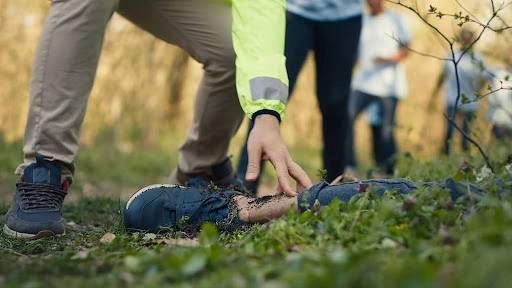December 09, 2025
General
Elizabeth West and John Newby Named 2026 Super Lawyers
We’re proud to announce that Elizabeth West and John Newby, partners at Tronfeld West & Durrett, have been named...
November 30, 2025
Car Accident
Three Car Pile‑Ups in Virginia: What To Do, How Fault Is Proven, and How Insurance Pays
In three-car collisions, responsibility can be shared among multiple drivers, and you can often pursue claims against more than one...
November 30, 2025
Car Accident
Can’t Sleep After a Car Accident? Signs It’s Serious and What To Do Next
It’s 3 AM and you’re wide awake—again. Two weeks ago, you walked away from what seemed like a minor fender...
November 30, 2025
General
Virginia Good Samaritan Law: What You Need to Know
When something goes wrong on a roadway, in a parking lot, or at a public event, most people react on...
November 30, 2025
General
What is Negligence Per Se: Definition and Key Concepts
Negligence per se is a legal doctrine used in personal injury cases where a defendant is presumed negligent because their...
November 30, 2025
Car Accident
How to Determine a Safe Distance Between Cars
This guide explains how to calculate a safe distance between cars using the 3-second rule to prevent rear-end collisions and...
August 25, 2025
General Personal Injury FAQs
What to Expect During Your First Meeting with a Virginia Personal Injury Lawyer
For many accident victims, the first meeting with a personal injury lawyer is their first step toward accountability and financial...
August 24, 2025
Car Accident
Virginia Cell Phone Driving Laws (2025 Update)
Distracted driving is one of the most preventable causes of serious crashes in Virginia, yet thousands of accidents continue to...
August 23, 2025
Car Accident
Shock After a Car Accident: Symptoms, Risks, and When to See a Doctor
While shock may initially appear as a temporary reaction, it can indicate life-threatening internal injuries or develop into long-term psychological...









